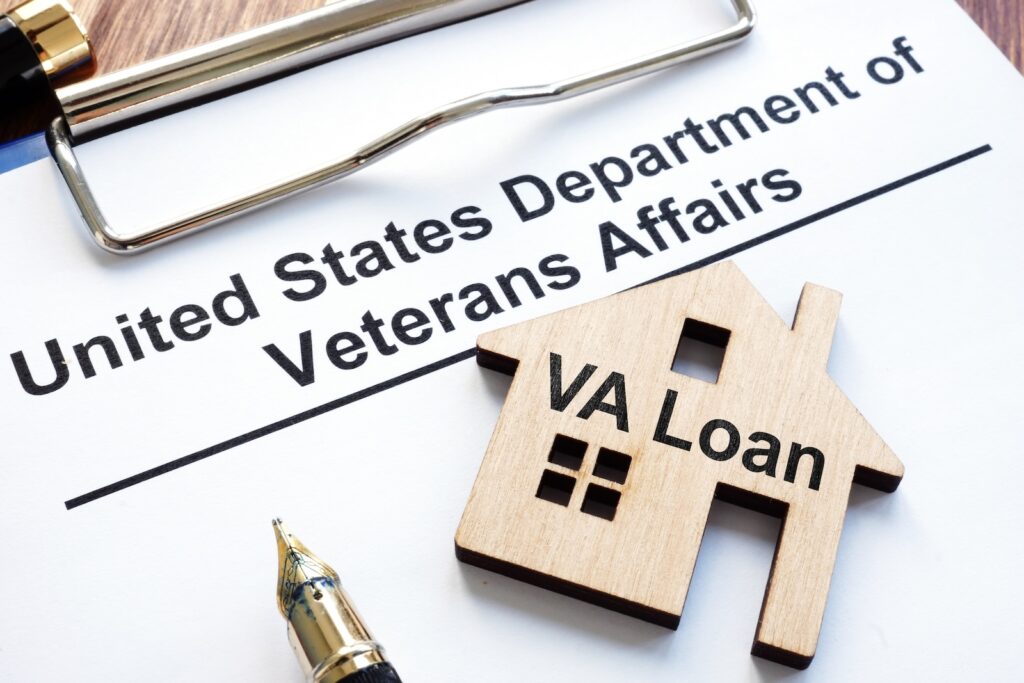As a real estate professional dedicated to serving military families, one of the most powerful tools I discuss with eligible buyers is the VA loan. This unique mortgage program, backed by the U.S. Department of Veterans Affairs, offers incredible benefits. It helps active-duty service members, veterans, and eligible surviving spouses achieve the dream of homeownership. The VA loan often provides significant advantages over conventional loans. Understanding these benefits is crucial for making informed decisions during your home buying journey.
What is a VA Loan?
A VA loan is a mortgage loan guaranteed by the Department of Veterans Affairs. This guarantee reduces the risk for approved lenders. It allows them to offer more favorable terms to eligible borrowers. The VA does not directly lend money. Instead, it backs a portion of the loan made by private lenders. This backing is what makes the VA loan so special.
Unbeatable Benefits Over Conventional Loans
The VA loan stands out from conventional mortgages in several key ways:
- No Down Payment Required: This is arguably the biggest benefit. Most conventional loans require a down payment, often 3% to 20% of the home’s purchase price. For a $350,000 home, a 5% down payment is $17,500. This can be a huge hurdle for many families. With a VA loan, qualified borrowers can often finance 100% of the home’s value. This means you can buy a home without saving tens of thousands of dollars upfront.
- No Private Mortgage Insurance (PMI): Conventional loans typically require PMI if your down payment is less than 20%. This is an extra monthly fee to protect the lender. It can add hundreds of dollars to your monthly mortgage payment. VA loans do not require any monthly mortgage insurance. This saves you significant money every single month. Over the life of the loan, this can add up to tens of thousands of dollars in savings.
- Competitive Interest Rates: Because the VA guarantees a portion of the loan, lenders face less risk. This often translates to lower interest rates for VA loans compared to conventional mortgages. A lower interest rate means lower monthly payments and substantial savings over the loan’s term.
- Flexible Credit Requirements: VA loan guidelines tend to be more forgiving when it comes to credit scores. While lenders have their own requirements, VA loans often offer more flexibility than conventional loans. This makes homeownership more accessible for those who might not have perfect credit.
- Limited Closing Costs: The VA limits the closing costs that lenders can charge to borrowers. This helps keep your out-of-pocket expenses lower. Additionally, sellers are often allowed to pay certain closing costs, further reducing what you owe at closing.
- No Prepayment Penalties: You will never face a penalty for paying off your VA loan early. This gives you financial flexibility.
- Assumable Mortgages: In many cases, a VA loan can be assumed by another qualified buyer, even a non-veteran. If you have a low interest rate, this can make your home more attractive to future buyers when you decide to sell.
- Lifetime Benefit: Your VA loan benefit is not a one-time use. You can use it multiple times throughout your life, provided you meet the eligibility requirements.
Understanding the VA Funding Fee
While VA loans eliminate PMI, they do have a one-time VA Funding Fee. This fee helps offset the cost of the program for taxpayers. The amount varies based on your service type, down payment amount, and whether it’s your first time using the benefit. However, disabled veterans receiving VA compensation are exempt from this fee. Also, the funding fee can often be financed into your loan, meaning you don’t have to pay it out of pocket at closing.
Getting Ready to Apply for a VA Loan
To ensure a smooth VA loan application process, gather these important documents:
- Certificate of Eligibility (COE): This document verifies to lenders that you meet the VA’s service requirements. You can obtain it through the VA’s eBenefits portal, by mail, or often, your VA-approved lender can help you get it.
- DD-214 (for Veterans): This is your Certificate of Release or Discharge from Active Duty.
- Statement of Service (for Active Duty): A letter from your commanding officer confirming your active duty status, entry date, and any lost time.
- Pay Stubs and W-2s: Lenders will need to verify your income. Have your most recent pay stubs and W-2s from the past two years ready.
- Bank Statements: Provide recent statements for your checking and savings accounts.
- Disability Award Letter (if applicable): If you receive VA disability compensation, this document will exempt you from the VA funding fee.
The VA loan is a well-deserved benefit for those who have served our nation. Its unique advantages can make homeownership more affordable and accessible than with conventional financing. As your trusted real estate professional, I am here to guide you through this process. We will work together to leverage your VA loan benefit to its fullest.



